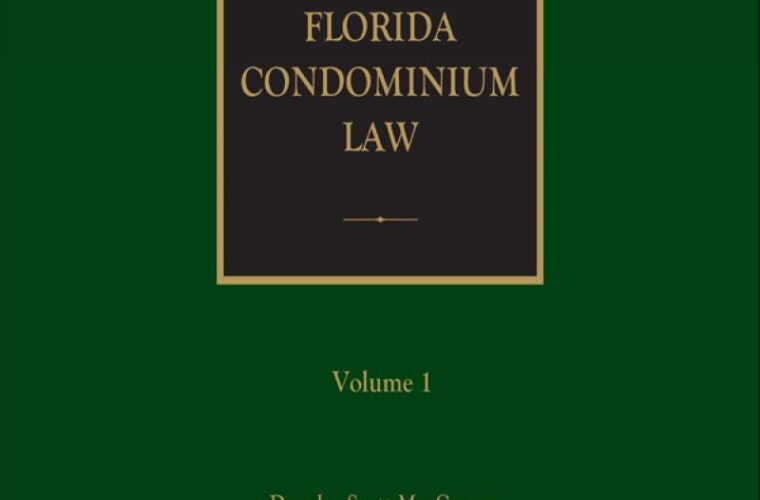Florida is well-known for its condominiums and is home to many condo associations. Condo owners are keen on protecting their investments and interests, so the state has established specific laws and regulations regarding condo insurance. It’s crucial for condo owners and associations to understand these laws to ensure proper coverage and compliance. This article will provide a detailed overview of Florida’s condo insurance laws, focusing on key provisions, compliance requirements, and legal considerations.
Critical Provisions for Florida Condo Insurance Laws
According to Florida Insurance Quotes, Florida condo insurance laws define provisions that carriers must include in condominium insurance policies. Regulators designed these provisions to safeguard the interests of condo owners and ensure adequate coverage. Under these laws, condo insurance policies must include the building’s structure, common areas, and liability coverage. Additionally, policies must cover personal property, loss assessments, and alternative living arrangements in case of damage or destruction. Condo owners must review their policies carefully, ensuring they meet these minimum coverage requirements.
Compliance Requirements for Condo Associations
Florida condo associations ensure compliance with the state’s condo insurance laws. One primary compliance requirement is the mandatory purchase of property insurance policies for the condominium. The law specifies that associations must purchase insurance coverage for the building’s structure, common areas, and liability insurance. Associations must also provide evidence of insurance coverage to condo owners and mortgagees. It is essential for condo associations to regularly review and update their insurance policies to maintain compliance with the law.
Legal Considerations and Enforcement Mechanisms of Florida Condo Insurance Laws
Lawmakers enforce these laws through legal mechanisms that ensure compliance and protect the rights of condo owners. Associations that fail to comply with the insurance requirements may face legal consequences, including fines and potential liability for damages. Condo owners, on the other hand, also have legal rights and remedies if their association fails to obtain appropriate insurance coverage. In case of a dispute or non-compliance, condo owners can seek legal recourse through lawsuits or by filing complaints with regulatory authorities. Condo associations and owners must know their legal obligations and rights to ensure a smooth and protected living environment.
Conclusion
Understanding the technical aspects of Florida condo insurance laws is essential for both condo owners and associations. By familiarizing themselves with the key provisions, compliance requirements, and legal considerations, stakeholders can ensure proper coverage, maintain compliance, and protect their rights. Condo owners should consult with insurance professionals and legal experts to ensure their policies meet the requirements. Likewise, condo associations should regularly review and update their insurance policies to safeguard the interests of their members. By adhering to these laws, Florida’s condominium community can thrive with peace of mind and financial security.



